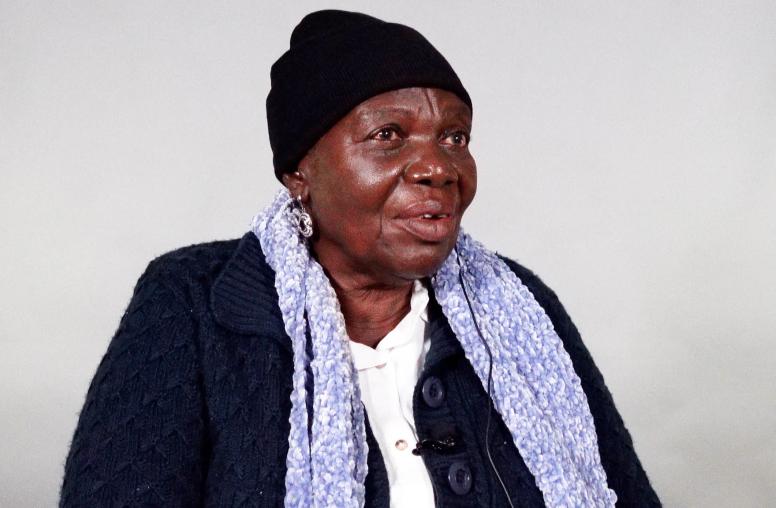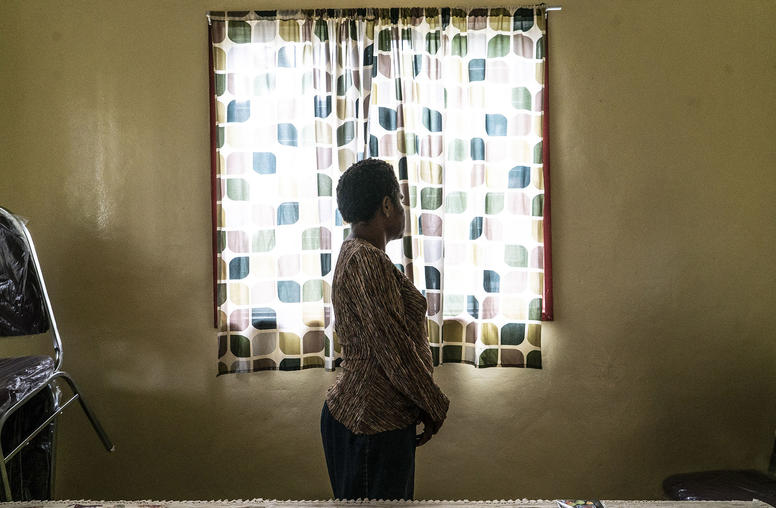The Women, Peace and Security (WPS) agenda promotes women’s equal and meaningful participation in peace processes, peacebuilding and security. The WPS agenda has significantly advanced since the 2000 passage of U.N. Security Council Resolution 1325. In 2011, the United States instituted a national action plan on WPS, making it a national policy priority. USIP recently hosted a consultation with the Department of Defense and civil society leaders on how to further boost the WPS agenda and the U.S. national action plan.
Michelle Strucke, the deputy assistant defense secretary for Global Partnerships in the Office of the Under Secretary of Defense for Policy, explains why these consultations are important and how they further the work of the Defense Department.
Sanam Naraghi Anderlini, founder and CEO of the International Civil Society Action Network, discusses why these consultations are important from the perspective of civil society, priorities for advancing the women, peace and security agenda and talks about recent hopeful developments on the WPS agenda.



